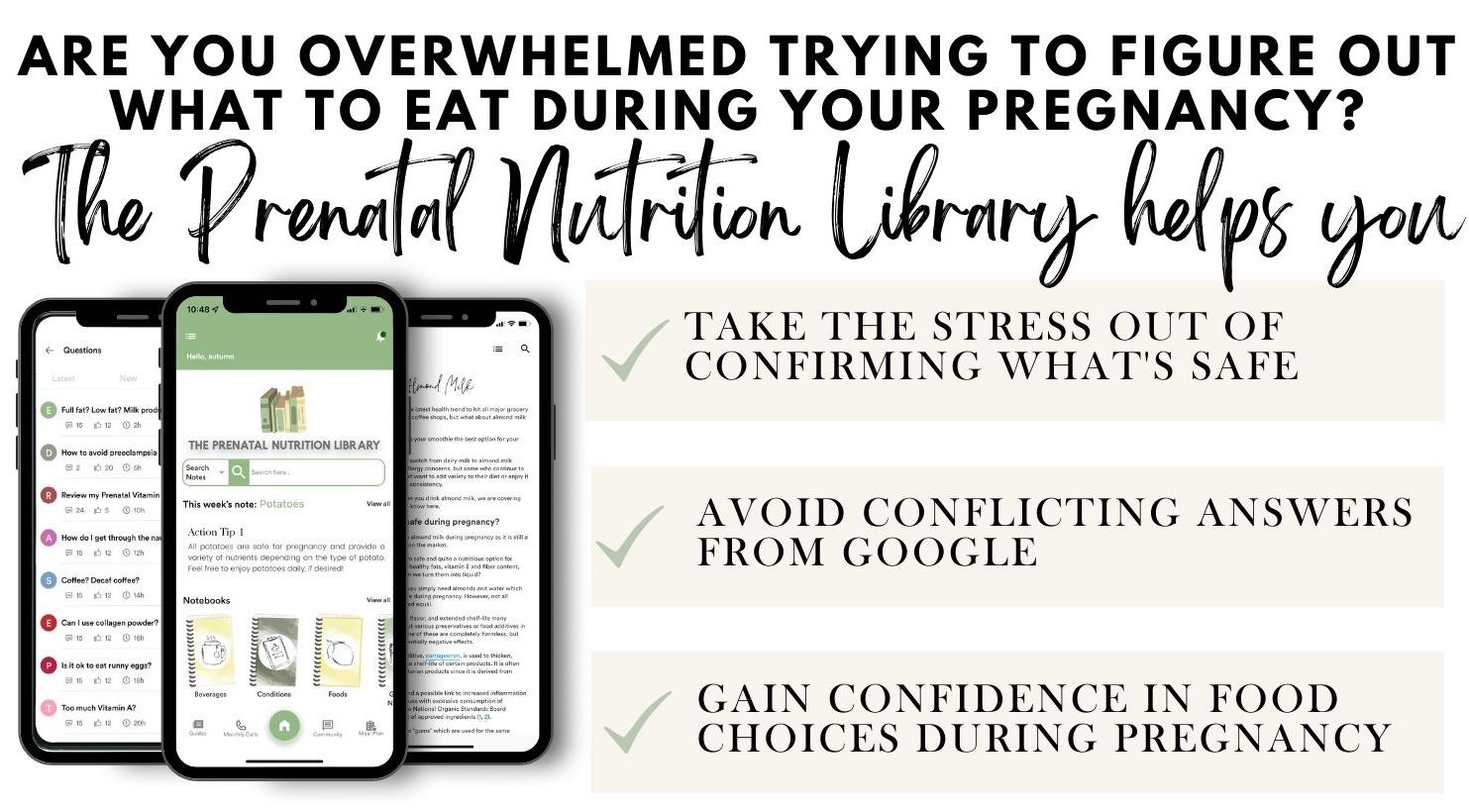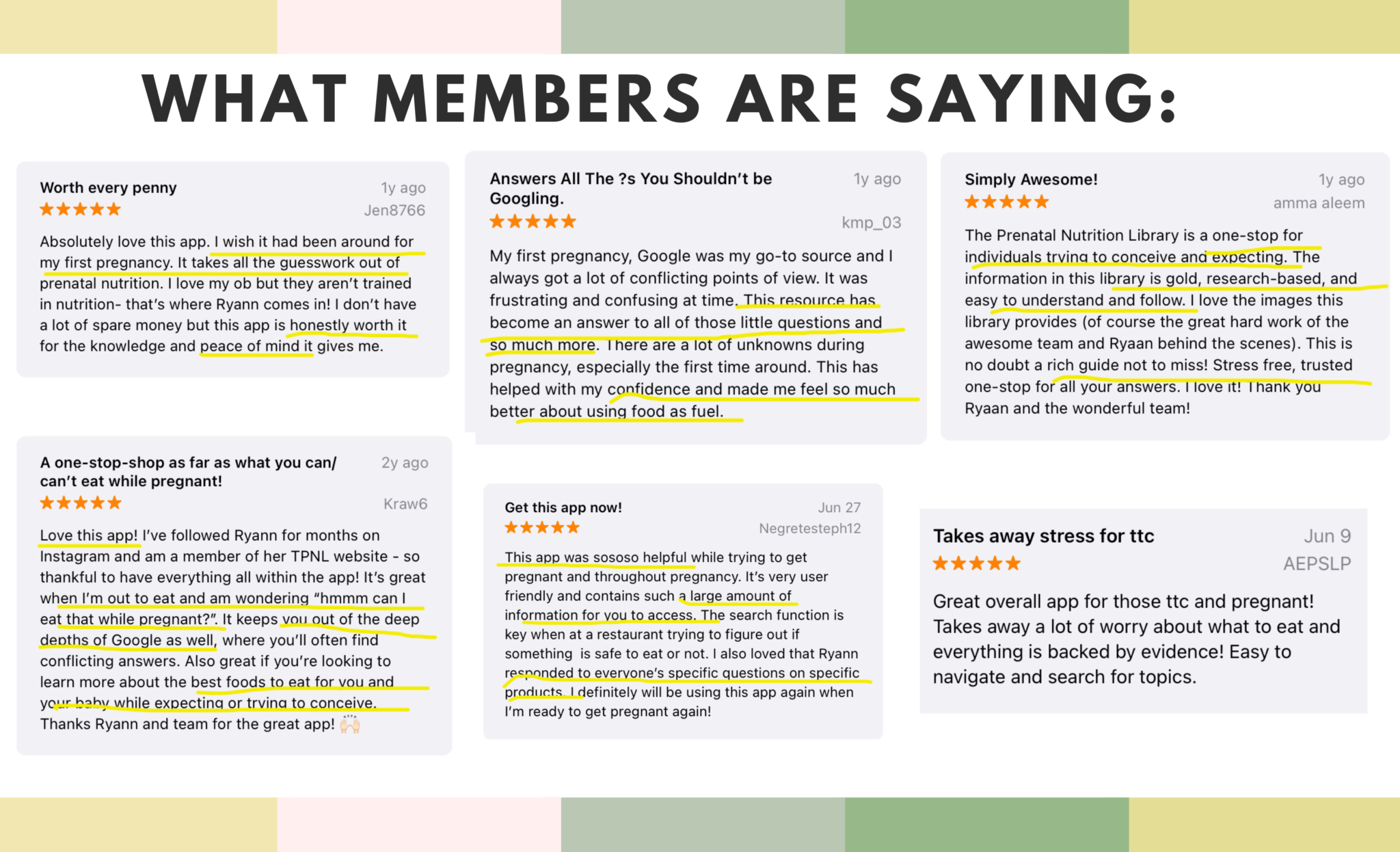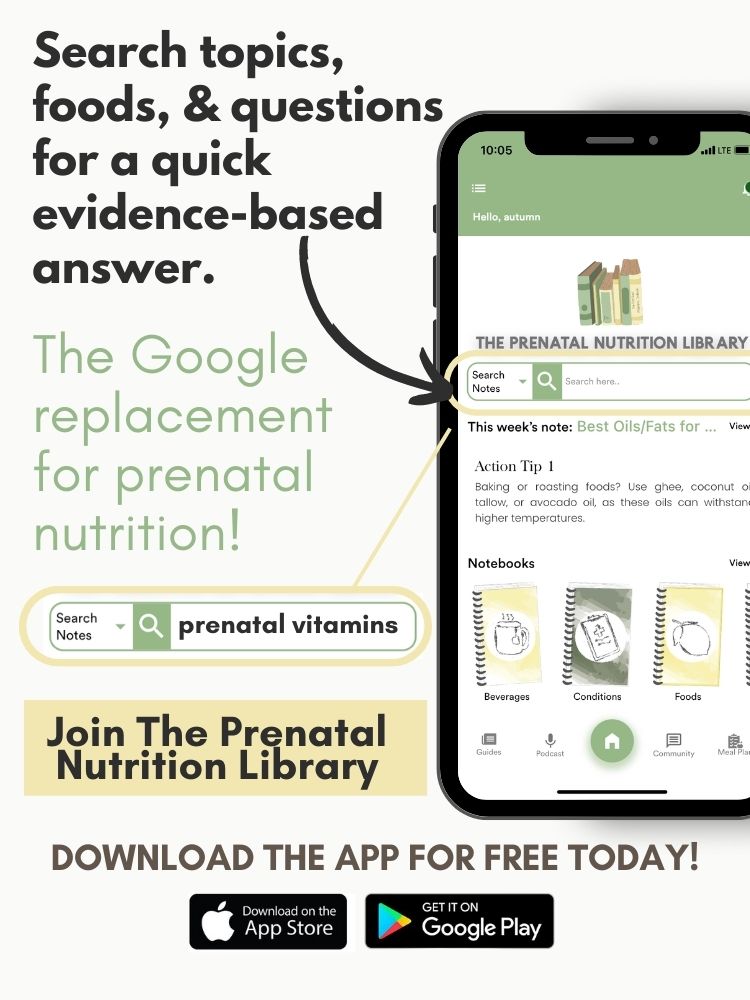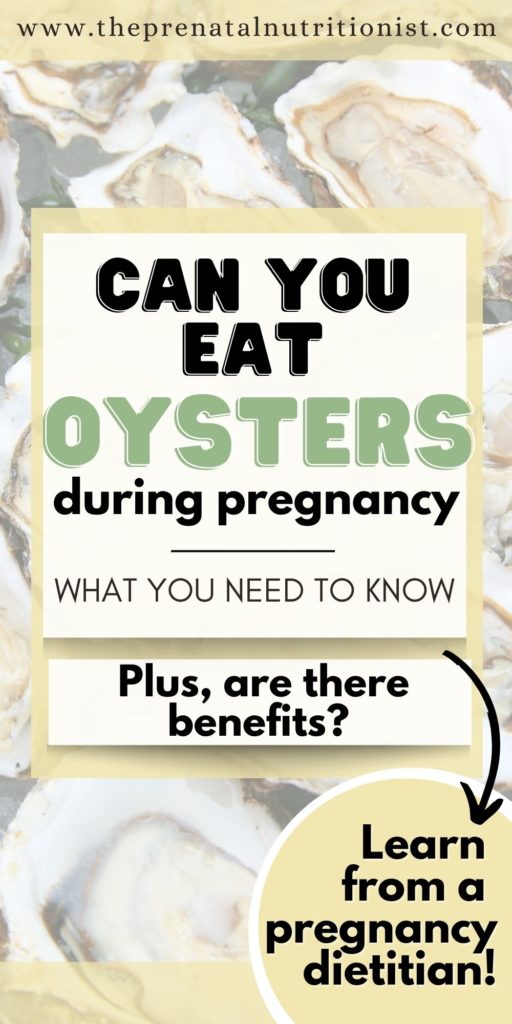
Eating a balanced diet is important in all stages of life. It’s especially important during pregnancy to support the mom-to-be and her unborn baby.
Good nutrition is important during pregnancy, and the need for several nutrients increases when a woman is pregnant. Eating a diverse and balanced diet is vital to ensure both mother and baby get the nutrients they need.
Seafood is an excellent source of nutrients that support fetal brain development and more. While it’s true not all seafood is safe to eat during pregnancy, there are TONS of options that are safe to eat. I’m dedicating this post to answering the question: Can pregnant women eat oysters?
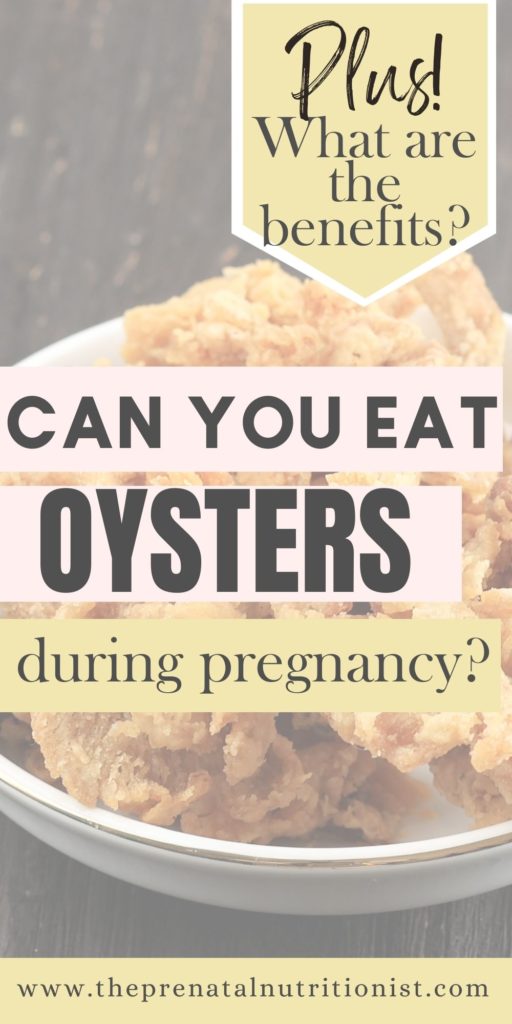
Can You Eat Oysters While Pregnant?
The short answer is yes, you can eat oysters when pregnant. But only some types and preparations of oysters are safe for pregnant women.
Raw oysters, for example, are a popular way many people choose to eat this shellfish outside of pregnancy. However, eating raw oysters, or any raw shellfish, during pregnancy is not recommended.
Pregnancy slightly weakens your immune system, leaving you more susceptible to foodborne illness or food poisoning. Eating raw oysters during pregnancy could lead to infections from Listeria, parasites, and other harmful bacteria. Although rare, for pregnant women, these infections can lead to serious, even potentially life-threatening, pregnancy complications like miscarriage, premature birth, or stillbirth.
In addition to avoiding oysters that are obviously raw, you should also be cautious about cooking methods like smoked oysters during pregnancy. Although smoking oysters does technically cook them, the oysters aren’t always cooked at a temperature that makes them safe to eat during pregnancy.
The good news is that there are other types of oysters that you can enjoy during pregnancy. Fried, broiled, baked, or boiled oysters are safe for pregnant women to eat. Plus, when cooked, you can enjoy all the benefits of oysters, including the important vitamins and minerals they contain!
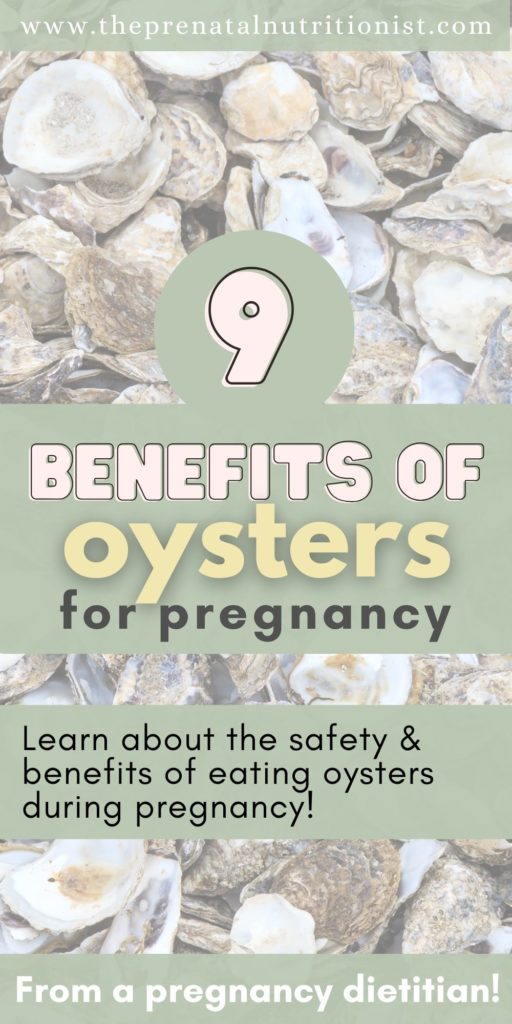
Benefits Of Oysters
Zinc
Oysters provide more zinc per serving than most any other food. This is good news for pregnant women who require more zinc to support their growing baby. The recommended dietary allowance for zinc outside pregnancy is 8 milligrams per day. This increases to 11 milligrams per day during pregnancy. Just one oyster contains about 5.5 mg of zinc.
Vitamin B12
Getting enough vitamin B12 is especially important during pregnancy. Pregnant women who consume enough vitamin B12 during pregnancy reduce the risk of complications, including neural tube defects, miscarriage, and preterm delivery.
Eating cooked oysters is an easy way to help meet vitamin B12 needs.
Omega-3 Fatty Acids
Oysters are also a fantastic source of omega-3 fatty acids. More specifically, oysters and other seafood contain docosahexaenoic acid (DHA), a type of omega-3 fatty acid that is especially beneficial during pregnancy.
A healthy pregnancy diet should include plenty of omega-3s to support the baby’s brain development. Consuming omega-3s may also help to reduce the risk of pregnancy complications like preeclampsia and preterm birth.
Iron
Iron is another essential nutrient that becomes an even more important part of a healthy diet during pregnancy. Including sources of iron in your pregnancy diet decreases your risk of developing iron-deficiency anemia, which is more common during pregnancy. Oysters are a source of heme iron, which is the type of iron that is better absorbed by the body.
Protein
Oysters are a wonderful source of high-quality protein. One 3.5-ounce serving of oysters provides about 7 grams of protein. Oysters are also a complete protein source, which means they have all nine essential amino acids.
Potassium
Potassium plays an important role in keeping your body hydrated and functioning optimally. This nutrient also helps to keep fluids and electrolytes balanced in your body’s cells. Depending on the type of oyster, one serving (about 3 ounces) provides around 140-250 mg of potassium.
Iodine
Iodine-rich foods are also an important part of a balanced pregnancy diet, and oysters are a good source of this nutrient. Iodine is crucial for proper thyroid function. The thyroid is responsible for producing hormones that regulate your metabolism and support heart health as well as fetal bone and brain development during pregnancy.
Iodine needs increase during pregnancy. The recommended dietary allowance (RDA) for iodine during pregnancy is 220 mcg/day.
Vitamin D
Oysters are one of the few foods that are a natural source of vitamin D. The amount of vitamin D in oysters can vary, but it does provide a small boost of this essential nutrient.
Antioxidants
Oysters are also rich in several antioxidant compounds. These powerful antioxidants, like selenium, can help protect your body from oxidative stress. Oxidative stress, which occurs when there are too many free radicals in the body, has been connected to a variety of chronic conditions, including heart disease and cancer.
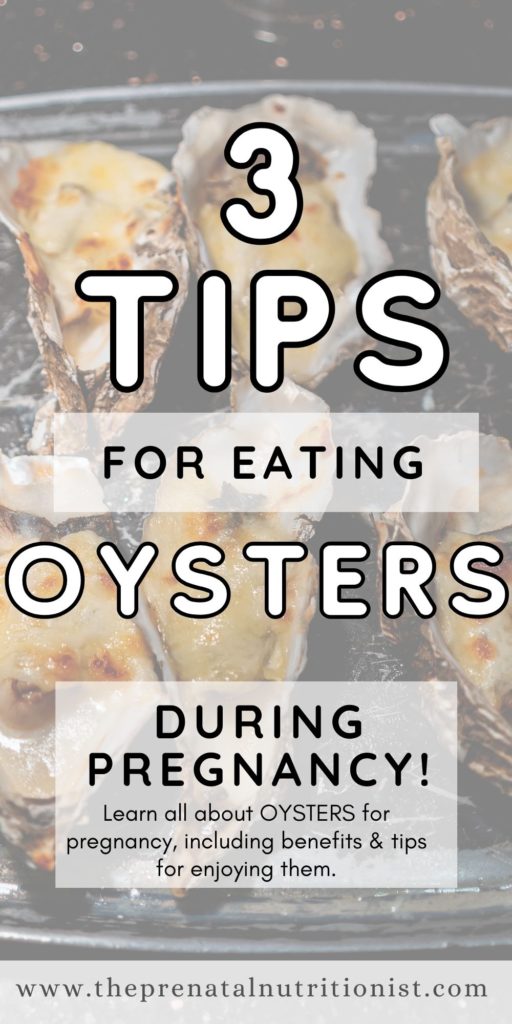
How To Eat Oysters During Pregnancy
Only Eat Fully-Cooked Oysters
For oysters to be safe for pregnant women to eat, they should be thoroughly cooked to a minimum internal temperature of 145 degrees F. For example, fried, broiled, baked, grilled, or boiled oysters.
If you’re ordering oysters from a restaurant, check to make sure they’re fully cooked. If they are, they should have a noticeably firm texture.
Oyster Serving Size During Pregnancy
When it comes to seafood options for pregnancy, oysters are considered one of the “best choices.” Oysters are a low-mercury seafood choice. Pregnant people should aim for at least 2-3 servings of low-mercury seafood, like oysters, per week.
One serving is about 3.5 ounces or three to four oysters.
Cooking Oysters At Home
There are several delicious ways to enjoy seafood at home. (You can find dozens of pregnancy-friendly recipes to make at home in my cookbook!) When cooking oysters at home, it’s important to take proper precautions to minimize your risk of foodborne illness. Here are a few tips on how to safely cook oysters at home:
- Choose fresh oysters: Purchase oysters from reputable sources that follow proper food safety guidelines.
- Store oysters properly: Keep oysters refrigerated at temperatures below 40°F (4°C) and discard any oysters with cracked or open shells.
- Clean and scrub: Before cooking or shucking, clean oysters thoroughly under cold running water and scrub the shells to remove dirt and debris.
- Cook to the right temperature: Ensure oysters are cooked to an internal temperature of at least 145°F (63°C) to kill any harmful bacteria. This can be achieved through boiling, grilling, baking, or frying.
- Handle oysters safely: When shucking oysters, use proper tools and techniques to avoid injury and contamination. Wash your hands and utensils thoroughly.
- Avoid cross-contamination: Prevent cross-contamination by keeping oysters and their juices away from other foods that won’t be cooked.
- Consume promptly: Eat cooked oysters promptly after cooking. Do not leave them at room temperature for an extended period.
Oysters are safe to eat during pregnancy and full of nutrients that are beneficial for both mom and baby.
Oysters are rich in valuable vitamins and minerals that help support a healthy pregnancy. For another insightful post on pregnancy nutrition, check out my write-up on common pregnancy cravings, or head over to the blog to check out a topic that interests you.
Also, be sure to sign up for The Prenatal Nutrition Library, where you can search pregnancy nutrition topics, foods, and supplements for a quick, evidence-based answer. Download the app for FREE on Apple or Android to get a peek inside and get a FREE 1-week meal plan!
